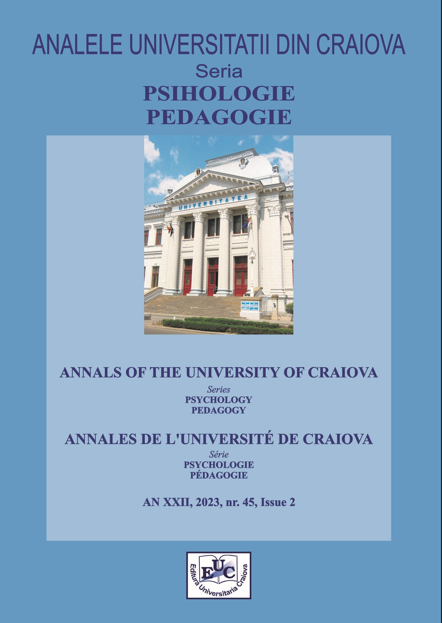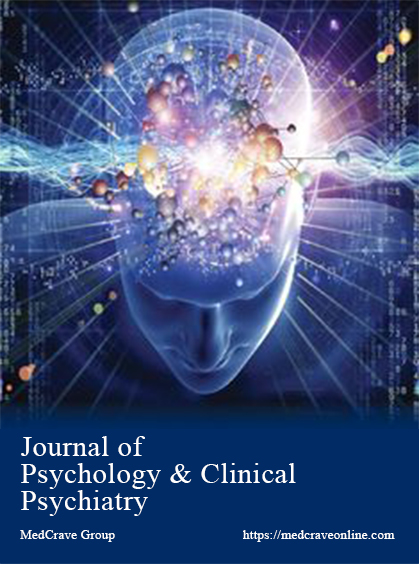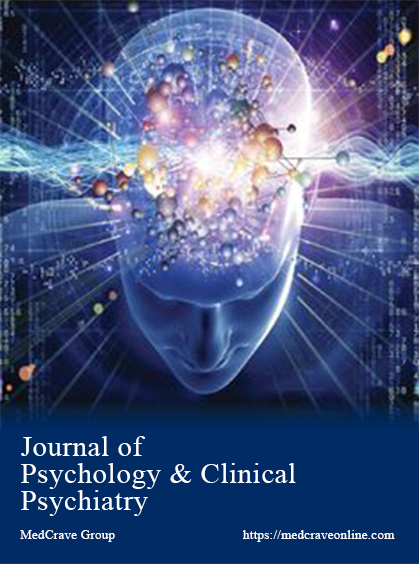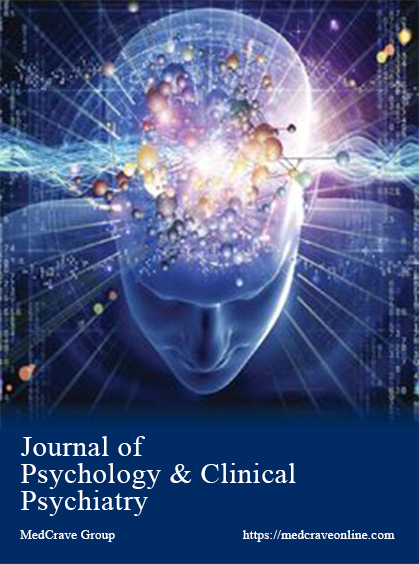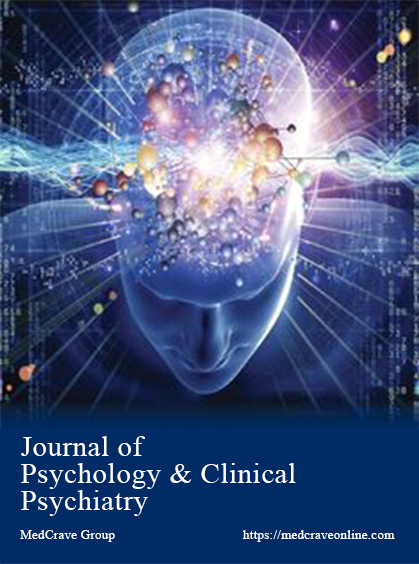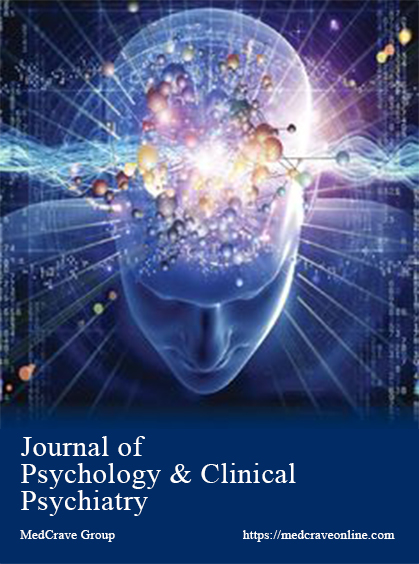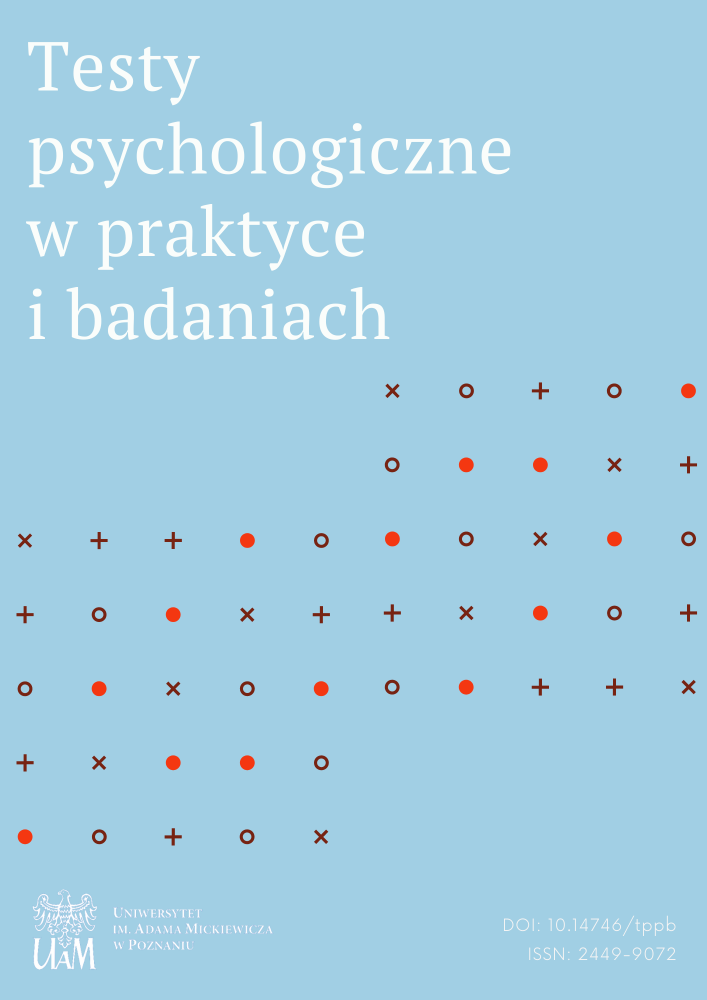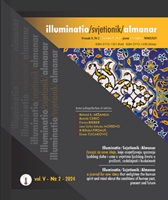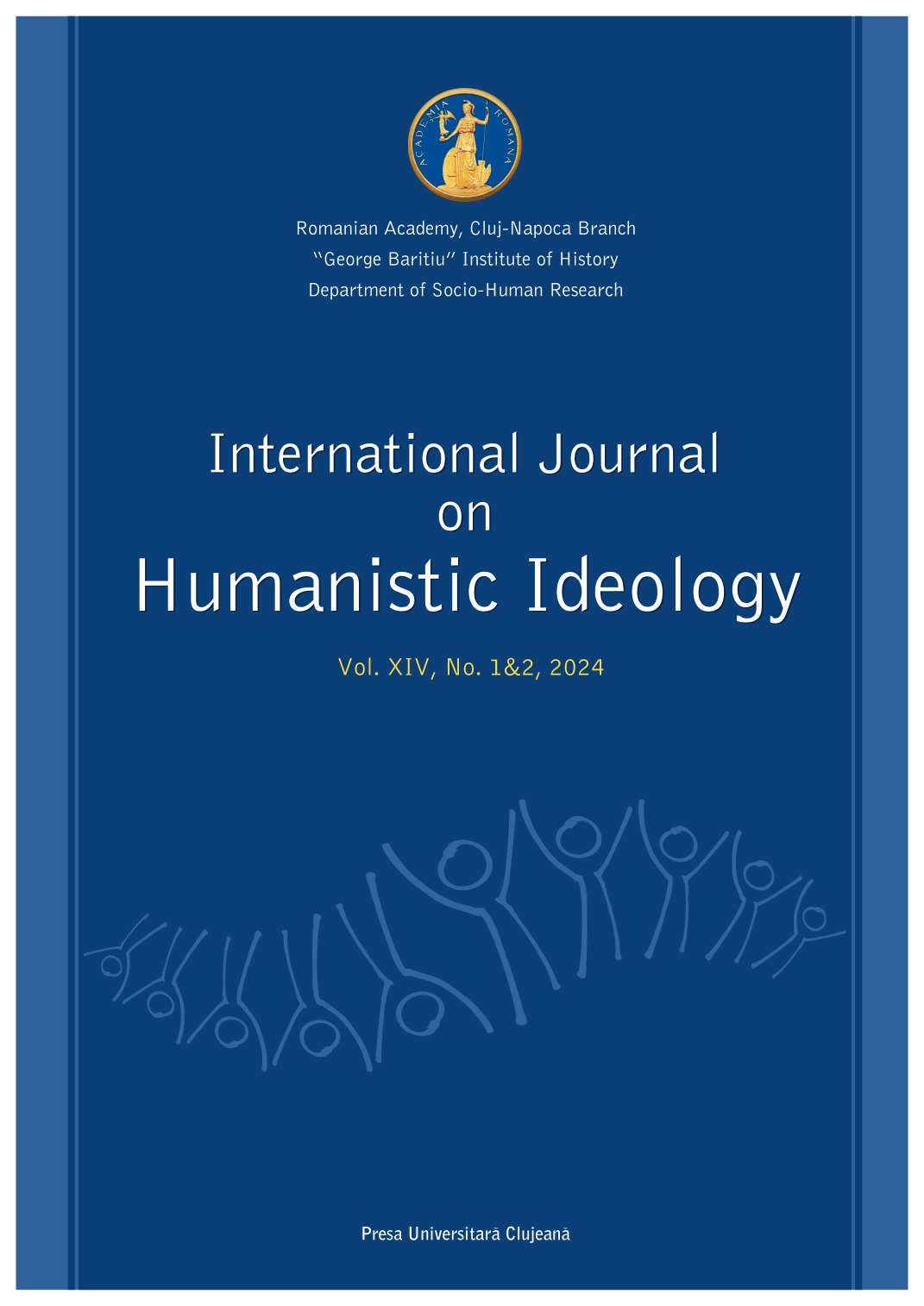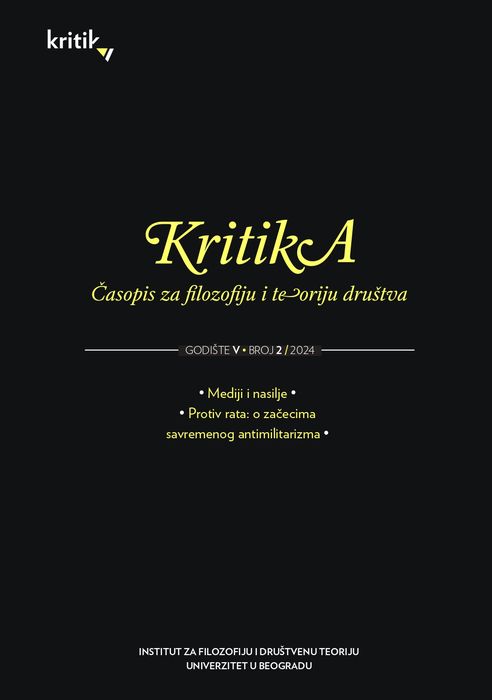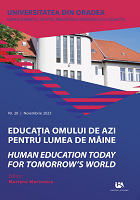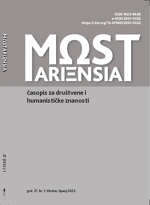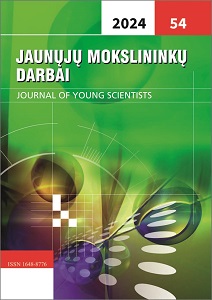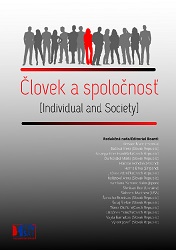
Beliefs of Helping Professionals within the Context of Child Sexual Abuse Assessment
Background: Child sexual abuse (CSA) is one of the most serious socio-pathological phenomena. However, its identification is challenging and linked to the risk of false positive and false negative conclusions, with far-reaching consequences for the lives of those affected. Incorrect assessments of suspected CSA cases can be made not only by lay people, but also by helping professionals who gather and evaluate information, consider further procedures and make decisions. Aim: The aim of the presented review study is to summarize current scientific knowledge that answers two key questions. (1) what contributes to errors in the assessment of relevant cases; and (2) how these errors can be prevented. Method: Previous research has shown that personal beliefs significantly influence the processes by which individuals search for, store, and interpret relevant information (Kahneman et al., 1982). For the purposes of this study, databases of scientific publications were primarily searched for research papers that mapped the beliefs of helping professionals in relation to CSA, as well as papers on strategies to reduce errors in the assessment processes of relevant cases. Results: We identified three significant groups of beliefs that could lead to misjudgments of suspected CSA cases: (1) Misconceptions about CSA – especially about: (a) the prevalence and nature of CSA (including the assumption that CSA usually involves the use of physical force and sexual intercourse); (b) the CSA perpetrators (e.g., that they are mentally disturbed or sick; that CSA committed by a woman has a less harmful effect on victims than CSA with a male perpetrator; that the victim's peer cannot be the perpetrator); (c) the victims' responses to sexual abuse (including the dynamics of disclosure about CSA experiences; the dynamics of behavior in further contact with the perpetrator); (d) the memory performance of child victims during forensic interview (especially regarding the expected amount of details and consistency of testimony); (e) the way of conducting interrogations with suspected CSA victims (including the sensitivity of professionals to suggestive techniques); (f) the CSA diagnosis method (including the assumption that spontaneous game observation is a good method for assessing suspected CSA); (g) the frequency of false accusations. (2) Beliefs related to the implications of the case assessment – especially: (a) excessive trust in the testimony of children versus skepticism (some professionals may tend to rule out false accusations and thus disregard the rights of the accused person, while others may approach suspected CSA cases with the a priori belief that a high percentage of CSA cases are untrue and therefore do not take great account of the rights and interests of the suspected victim); (b) beliefs about the functioning of the child welfare system (where distrust in this system may encourage professionals to fail to fulfill mandatory reporting regarding suspected CSA cases); (c) an emphasis on sensitivity versus specificity (i.e. either focusing on minimizing the occurrence of false negative conclusions to prevent the actual victim of the CSA from being identified and cared for, or concentrating on minimizing false positive conclusions to prevent the innocent person from being convicted); (d) beliefs regarding the removal of the child from the family. (3) Beliefs about one's own objectivity and expertise – especially the frequent false beliefs of professionals that with the increasing length of practice and the amount of experience with CSA cases, the level of expertise automatically increases. Experienced professionals can be simultaneously prejudiced and convinced of the correctness of their own erroneous beliefs. At the same time, more experienced professionals tend to have a more intuitive approach to assessing CSA cases. In this respect, various cognitive biases (especially patternicity, confirmatory bias, availability bias, anchoring, representativness heuristic, bias blind spot and the Dunning- Kruger) effect play a negative role. In the conclusion, the review study recommends several strategies in order to improve the practice and reduce errors in the assessment of the cases in question. It emphasizes the important role of the continuing education of relevant professionals in confronting participants with current scientific knowledge on CSA issues; encourages helping professionals to reflect on their own beliefs, which may influence the assessment of the cases in question, and recommends mastering the so-called Bayesian reasoning and effective methods to eliminate cognitive bias. At the same time, the study considers precise work with hypotheses, weighting evidence, supervision, the submission of expert opinions to independent review and slowing down of work strategies as an effective strategy of eliminating various prejudices. In addition, it proposes a multidisciplinary team approach to CSA case assessment – although the study does note that the impact of the group approach on the final outcomes of the case assessment process has not been sufficiently scientifically examined yet. Conclusion and implications: The study emphasizes that the beliefs of helping professionals and decision-making skills play an important role in the CSA case assessment process, and that without the targeted application of effective strategies to eliminate cognitive biases and prejudices, the quality of case assessments is endangered. The members of various helping professions (especially educators, psychologists, psychiatrists, social workers, police officers, prosecutors and judges) who come into contact with suspected CSA cases may find the review study useful. Although the content of the study is based on the results of foreign research, it has application potential in Slovakia, especially in relation to the preparation of content in the continuous education of professionals, the focus of supervision in helping professions, or the designing of Slovak research projects focusing on these issues.
More...
